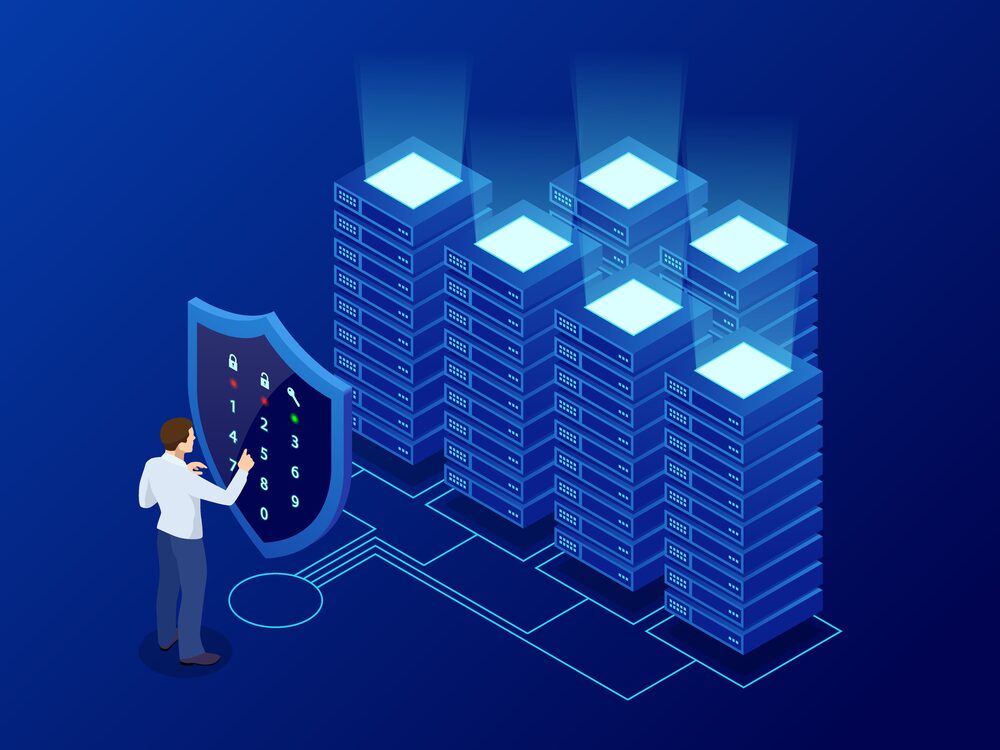Every company is looking to the cloud to boost productivity and reduce operating costs. Cloud technology is more affordable than ever, and it’s becoming easier to migrate systems thanks to easy integrations between applications. However, your cloud must be secure. The cloud’s very advantages can be turned against you without proper cybersecurity practices. A cloud security risk assessment can help you find flaws in your defenses and remove them with better practices. What does a thorough risk assessment include?
What to Look for in a Cloud Security Risk Assessment
A Vendor-Agnostic Approach to Cloud Assessment
Before we consider exactly what you should expect to receive as part of your cloud security risk assessment, you should take the assessor’s approach into account. There are many companies that specialize in specific cloud systems. Although you might think that it makes sense to reach out to an expert that focuses on the system you use, you are actually better off finding a cybersecurity auditor that doesn’t cling to any one particular cloud provider. A vendor-agnostic approach is best.
A vendor-agnostic services provider could potentially recommend a better alternative for your company that reduces your expenses and optimizes your work. In addition, companies that prefer a specific vendor will likely try to push you towards that vendor as they receive commissions for enrolling customers. By getting your security assessment from a neutral company, you’re sure to get honest advice that benefits your business. Plus, if you use multiple cloud tools, they’ll be able to evaluate security across them all.
A Cloud Infrastructure Inspection
A thorough security assessment starts with a complete examination of your cloud infrastructure. Cloud infrastructure includes the cloud-based systems you use and how your associates interact with the system. Your devices are an extension of your cloud infrastructure. If you allow your team to access the cloud from personal devices like mobile phones or personal laptops, it’s important to evaluate how these are configured as well. Any device that can access your cloud presents a potential vulnerability.
A personalized risk assessment requires learning how your team uses the cloud and how it fits into your daily workflow. The chief security concern is data security, as a data breach could prove extremely harmful for your company. If data moves outside of the cloud onto local servers or other devices, we may look to see if there are alternative processes that could keep your data safer. This leads to the second phase of an assessment: understanding your security policies.
Security Policy and Data Compliance Checks
Does your company have clear policies for cybersecurity? Do your associates know how to handle company data according to these policies? Do your processes support your security measures, or does security feel like an extra burden on your team? Not only do you have to have proper policies in place to secure your cloud system, but these policies also have to be well integrated into your activities. If your security practices create too much friction, associates may cut corners.
Your security policies also need to be compared to global data security compliance standards. For example, following the ISO 27000 family of best practices can help you certify your security level and make your company more trustworthy in the eyes of potential clients. Similarly, some jurisdictions have data privacy laws that could affect your business. Even companies outside of Europe, for example, can benefit from becoming GDPR-compliant. Your assessment can evaluate your current performance and build a compliance roadmap.
A Response Plan Review
Although prevention is better than dealing with a cybersecurity incident, companies have to be ready to respond in the event an incident occurs. A significant part of your cybersecurity risk is how quickly you can respond to a problem and prevent further damage. A very secure company that doesn’t know how to stop a breach in progress, for example, is at more risk than a moderately secure company with a solid response plan.
Amazon’s largest data breach didn’t happen due to an external security failure; in fact, it was due to an Amazon staff member. Their plans had no protocols in place to address possible malfeasance from within. Had the company considered this scenario, they may have been able to detect the odd activity within their system and stop it before the breach reached millions of financial accounts. With a plan for every situation, your company can avoid the most disastrous cybersecurity scenarios.
Evaluating Your Associates’ Security Preparedness
When was the last time you tested your associates’ cybersecurity skills? Most data breaches and malware infestations can be attributed to human error. Most of these are innocent mistakes, and criminals are using more elaborate strategies to trick company associates. For example, a company was recently scammed out of $25 million. A team member transferred the money after attending a virtual meeting with supposed colleagues. However, the other attendees were actually deepfakes.
That attack was first brought on by a suspicious email. If the team had received adequate training, the victim might have recognized that something was off. With a readiness assessment, you can learn how capable your team is. Training can improve your team’s cybersecurity awareness and prevent scams from succeeding. Ultimately, your team can either be the weakest link in your company’s security, or it can be a valiant first line of defense.
Cloud-Based Security Solutions
Once your assessment is over, the best cybersecurity service providers will prepare a report with recommendations to improve your security. There are cloud-based security tools that can automate a significant portion of your cybersecurity defense. These tools can detect malicious activity and stop it before your IT team has to intervene. Many of these tools even have automatic protocols to make your data compliant with various standards. Your assessor can help you integrate these tools into your cloud system.
Contact Edafio to learn more about our cloud security risk assessment services. We provide a highly personalized assessment to not only improve your security, but also better your business.








